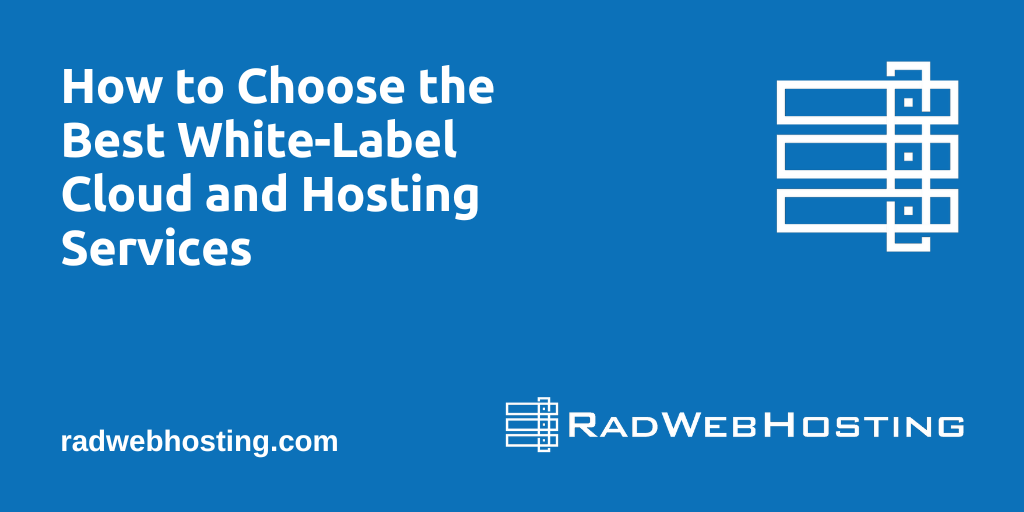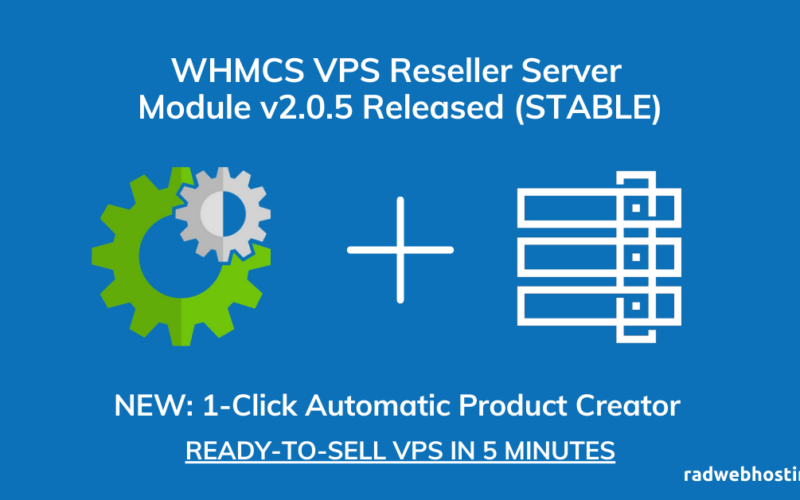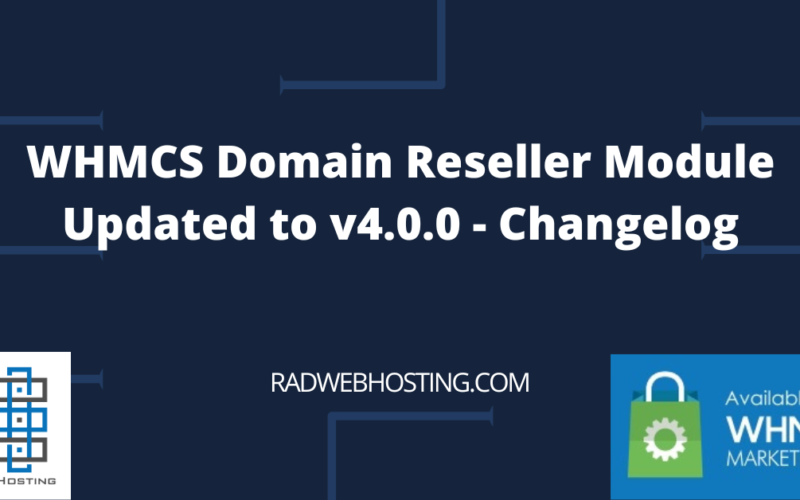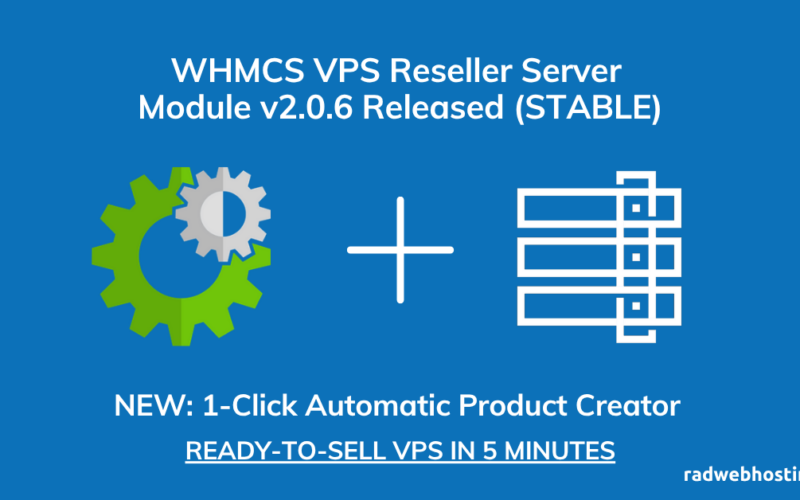This article provides a guide for how to choose the best white-label cloud and hosting services.
How to Choose the Best White-Label Cloud and Hosting Services
Introduction
In the digital age, the ability to deliver reliable, scalable, and efficient hosting and cloud services can set a business apart. White-label cloud and hosting services offer a compelling route for companies to expand their product offerings without incurring the heavy costs associated with developing these services in-house.
This comprehensive guide explores the critical factors to consider when selecting the best white-label cloud and hosting services to enhance your business model, improve customer satisfaction, and increase profitability.
Understanding White-Label Cloud and Hosting Services
White-label cloud and hosting services allow companies to offer reseller hosting, cloud solutions, and related products under their own brand name, without having to own or manage the underlying infrastructure. These services are managed by third-party providers who handle the technical aspects, while the reseller focuses on customer and brand management.
Benefits of White-Label Services
- Brand Extension: White-label services enhance your brand’s visibility and expand your portfolio.
- Cost Efficiency: They eliminate the need for significant upfront investments in hardware and infrastructure.
- Focus on Core Business: Companies can focus on their core competencies while outsourcing complex IT services.
- Fast Market Entry: Businesses can quickly launch new offerings and tap into new markets.
- Scalability: Easily scale resources up or down based on customer demand without logistical nightmares.
Choosing the Best White-Label Provider
Selecting the right white-label cloud and hosting provider is crucial. Below are detailed steps and considerations to guide you through this process:
-
Assess Your Business Needs
-
Identify Service Gaps
Analyze your current service offerings to identify potential gaps that white-label solutions could fill. Determine whether you need simple web hosting services, more complex cloud infrastructure, or both.
-
Define Your Goals
Understand what you aim to achieve with these services—whether it’s expanding your service portfolio, increasing revenue, improving customer retention, or reducing costs.
-
Understand Your Customer Demands
Consider your customers’ needs—what kind of hosting services do they require? Do they need dedicated servers, shared hosting, VPS hosting, or cloud servers? How critical are uptime and scalability to them?
-
-
Evaluate Technical Aspects
-
Infrastructure Quality
The backbone of any hosting service is its infrastructure. Evaluate potential partners based on the robustness of their data centers, uptime guarantees, and the technological stack they use.
-
Scalability and Flexibility
The provider should offer flexible and scalable solutions that can grow with your customers’ needs. This includes seamless upgrades or downgrades in service tiers, additional storage space, and bandwidth adjustments.
-
Security Measures
Given the sensitivity of data storage and management, assess the security protocols the provider has in place. This includes physical security, data encryption, firewalls, anti-virus detection, and DDoS protection measures.
-
-
Consider Operational Capabilities
-
Management and Control Panel Options
The ease with which you can manage your offered services is paramount. Check for user-friendly control panel options that support extensive customization to align with your brand.
-
Integration Capabilities
The white-label platform should integrate seamlessly with your existing systems (e.g., billing, customer support, CRM). API access and compatibility with third-party tools are must-have features.
-
Automation Features
Automation of routine tasks like billing, account setup, service provisioning, and notifications can significantly enhance efficiency and reduce operational costs.
-
-
Analyze Support and Reliability
-
Provider’s Support System
A robust support system for you as a reseller is crucial. This includes 24/7 technical support, dedicated account managers, and comprehensive resources such as guides and tutorials.
-
Service Level Agreements (SLAs)
Service Level Agreements (SLAs) are agreements between a service provider and a customer. Examine the SLAs carefully. These should cover aspects like uptime guarantee, support response times, and compensation for service disruptions.
-
Customer Reviews and Reputation
Research customer reviews and testimonials to gauge the provider’s reliability and customer service quality. A reputable provider should have a track record of stability and high customer satisfaction.
-
-
Assess Financial Aspects
-
Pricing Structure
Understand the pricing model of the white-label services. It should be competitive yet sustainable for your business model. Look for hidden costs like setup fees, migration fees, or charges for additional features.
-
Profit Margins
Ensure that the cost structure allows for healthy profit margins on your end. You should be able to mark up the services sufficiently to make a reasonable profit while staying competitive in the market.
-
Contractual Commitments
Avoid utilizing services whose pricing model is based on vendor lock-in. Be wary of long-term contracts that might lock you in with a provider who doesn’t meet your evolving needs. Choose providers who offer flexibility in contractual terms.
-
Conclusion
Choosing the right white-label cloud and hosting service provider is a strategic decision that significantly impacts your business.
By carefully evaluating potential partners against the outlined steps—focusing on technical quality, operational capabilities, support systems, and financial terms—you can select a service that not only aligns with your business objectives but also enhances your service offerings, builds customer loyalty, and drives revenue growth.
In the digital landscape, where agility and efficiency are paramount, partnering with the right white-label provider can give you the competitive edge necessary to thrive. This guide serves as your roadmap to navigating the complex process of selecting the best white-label cloud and hosting services to bolster your business strategy effectively.
By following this guide, you should now have a better grasp on how to choose the best white-label cloud and hosting services.









